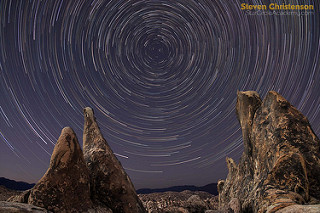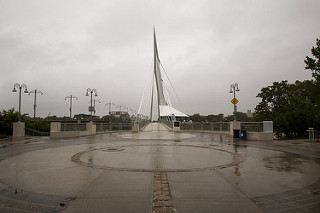Postdoctoral Fellowship
Center for Advanced Research in Global Communication
Annenberg School for Communication
University of Pennsylvania
The Center for Advanced Research in Global Communication at the Annenberg School for Communication at the University of Pennsylvania invites applications for a “CARGC Postdoctoral Fellowship.” This is a one-year position renewable for a second year based on successful performance.
Description: The Center for Advanced Research in Global Communication (CARGC) produces and promotes scholarly research on global communication and public life. As an institute for advanced study dedicated to global media studies, we revisit enduring questions and engage pressing matters in geopolitics and communication. Our vision of “inclusive globalization” recognizes plurality and inequality in global media, politics, and culture. Our translocal approach fuses multidisciplinary “area studies” knowledge with theory and methodology in the humanities and social sciences. This synthesis of deep expertise and interdisciplinary inquiry stimulates critical conversations about entrenched and emerging communicative structures, practices, flows, and struggles. We explore new ways of understanding and explaining the world, including public scholarship, algorithmic culture, the arts, multi-modal scholarship, and digital archives. With a core commitment to the development of early career scholars worldwide, CARGC hosts postdoctoral, doctoral, undergraduate, and faculty fellows who collaborate in research groups, author CARGC Press publications, and organize talks, lectures, symposia, conferences, and summer institutes.
CARGC postdoctoral fellows work on their own research, typically a book manuscript, and collaborate with staff and postdoctoral, doctoral and undergraduate fellows. They also design and teach one undergraduate course, typically during their second year. They also present a CARGC Colloquium and publish at least one original CARGC Paper with CARGC Press. Fellows are provided a stipend of $50,000, a research fund of $3000, health insurance, a work space, computer and library access.
We are interested in scholars integrating primary sources and regional expertise in theoretically inflected, historically informed, comparative, translocal and transnational analyses of media, technology, geopolitics and culture. Candidates challenging normative paradigms and incorporating non-Western theories, sources and contexts, are especially welcome. Current research groups focus on “theory and history in global media studies,” “geopolitics, media & culture,” “digital sovereignty,” and “radical media and culture.”
This is a residential fellowship. CARGC strives to be an inclusive community of scholars driven by intellectual curiosity and exchange. To foster mentoring and collaboration at all levels, we expect fellows to be fully engaged in the life of the center. Postdocs are therefore expected to work at our beautiful sixth floor premises on the Penn campus at least four days a week.
Eligibility: We welcome applications from scholars with PhDs awarded by an institution other than the University of Pennsylvania between May 1, 2016 and May 1, 2018. The appointment typically starts on August 15.
Submitting Your Application: A complete application consists of:
- Cover Page – include your name and contact information, dissertation supervisor name and contact information, defense date (if degree not awarded), and 100-word abstract of your project.
- Research Proposal (not to exceed 1000 words) – include research questions, topic significance, theoretical framework, methodological design, clear description of primary sources and necessary language skills, and work plan with projected date of manuscript completion and publication.
- Statement of institutional fit (not to exceed 250 words) – explain how your project aligns with CARGC’s mission, fits with one or more CARGC research themes listed above, and contributes to the field of global media and communication studies.
- CV (not to exceed two single-spaced pages, minimum font size 11) – list degrees, peer-reviewed publications, academic non-peer-reviewed publications, public scholarship, invited talks, conference papers, other relevant qualifications, specific research and language skills.
- Project bibliography (not to exceed one single-spaced page, minimum font size 11) – include primary and secondary sources.
- Letters of recommendation – three are required, including one from the dissertation supervisor, stating unequivocally expected date of Ph.D. defense (if degree not yet awarded).
- Up to two publications (not to exceed 50 pages in total) – published peer-reviewed articles preferred.
Timeline: All materials except reference letters must be sent as a single PDF document to cargc@asc.upenn.edu by April 1, 2018. Incomplete or late applications will not be considered. Applicants should arrange for their letters of recommendation to be sent to the same address by the same date. We expect to contact finalists for phone interviews by mid-April and make final decisions shortly thereafter.
Additional Information: If you have additional questions, please email us at cargc@asc.upenn.edu. Do not contact CARGC staff individually. The expected volume of submissions prevents us from providing feedback on drafts.
The University of Pennsylvania is an affirmative action/equal opportunity employer. All qualified applicants will receive consideration for employment and will not be discriminated against on the basis of race, color, religion, sex, sexual orientation, gender identity, creed, national or ethnic origin, citizenship status, age, disability , veteran status, or any other characteristic protected by law. For more information, go to http://www.upenn.edu/affirm-action/eoaa.html
photo credit: gusdiaz Happiness via photopin (license)









